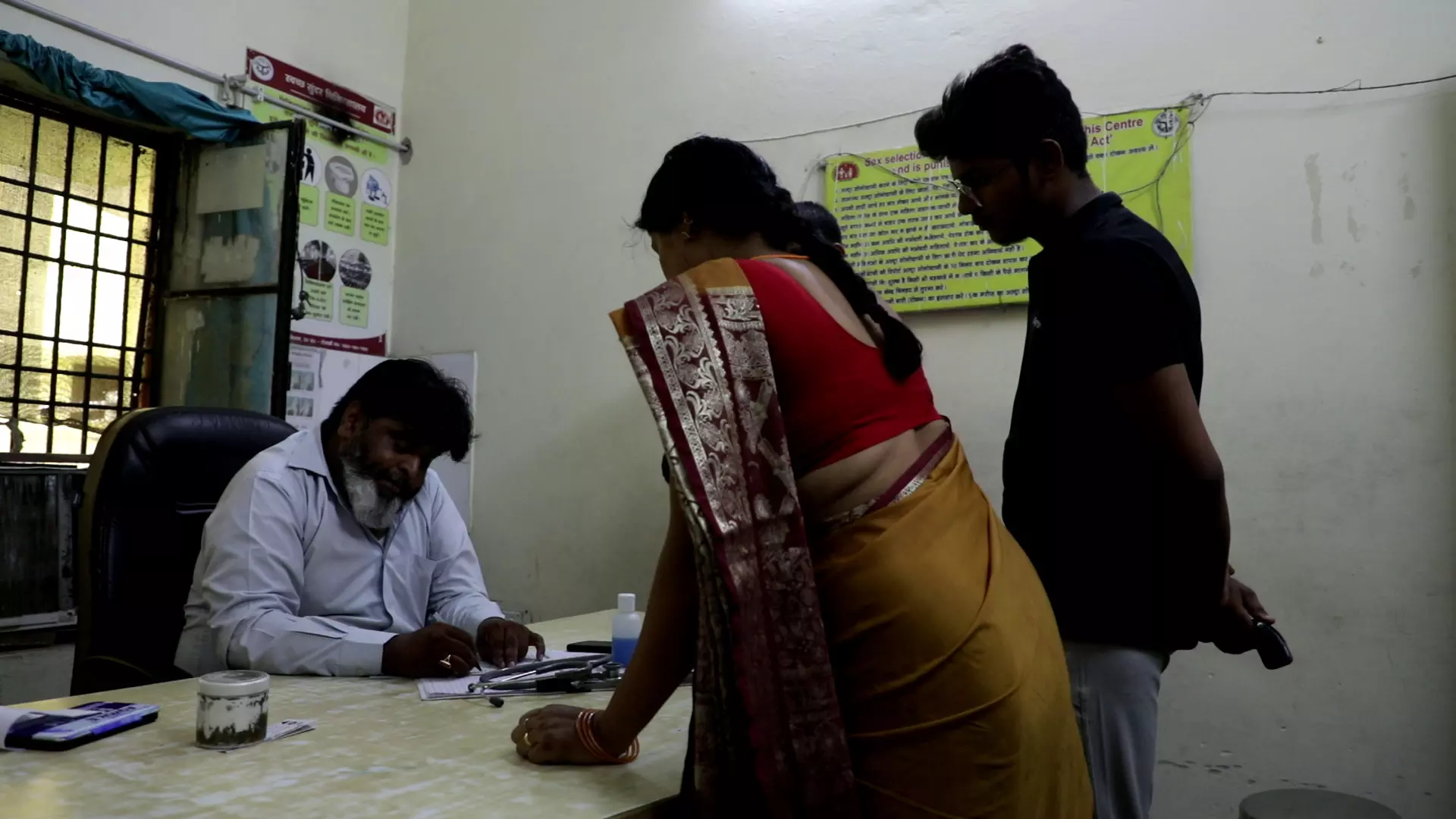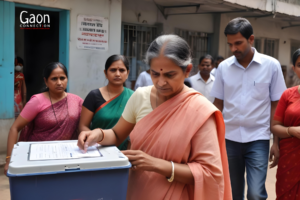Snakebite claims the lives of about 45,900 people in India every year. This means a person dies every 12 minutes in the country due to snakebite. A recent, first-of-its-kind study by the Indian Council of Medical Research (ICMR) shows that only 20–30 per cent of victims of snakebite in rural India seek treatment in hospitals. It is important to note that 97 per cent of snakebite deaths occur mostly in rural areas.
Time is of the essence in snakebites when with proper intervention lives can be saved. But, if there is a delay in administering the anti-snake venom, chances are the snake bite will cause grave organ damage, or prove to be fatal.

Only 20–30 per cent of victims of snakebite in rural India seek treatment in hospitals. Photo: Yash Sachdev
The study titled ICMR Task Force Project- A Survey of the Incidence, Mortality, Morbidity and Socioeconomic Burden of Snakebite in India: A study Protocol was conducted across five zones and 13 states and of the country including Uttarakhand, Himachal Pradesh, Rajasthan, Maharashtra, Kerala, Tamil Nadu, Andhra Pradesh, Odisha, West Bengal, Meghalaya, Arunachal Pradesh, Mizoram and Tripura.
The study that covered the 84 million population of the country and information was provided by respondents via ASHAs (Accredited Social Health Workers). It mentioned that snakebite is generally a disease of the working community, being most common among farmers, rubber tappers, tea/coffee estate pickers, brick kiln workers, and plywood industry workers.
“… If correctly diagnosed and treated the victim would return to as productive a life as before. Despite this snakebite remains neglected because it is a disease of the socio economically marginalised groups that tend not to be in the spotlight,” read the ICMR report published in the international research journal Plos One on August 22.
It also noted that “snakebite is a problem neglected by the governmental agencies, foreign funding bodies, health care professionals and the media alike …”
According to the Registrar General of India- Million Death Study (RGI-MDS), the number of deaths due to venomous snakebite in India is 45,900 per year. It is estimated that between 4.5 million to 5.4 million snakebites are reported across the globe annually. And an estimated two million of them are reported in India. Such cases increase during monsoon season when snakes come out of hiding in search of food and shelter.
Many snakebite victims seek quick treatment from quacks and occultists, who put them at further risk. While treating the snakebite victims in hospitals, anti-snake venom is administered to them. In India, a polyvalent anti-snake venom is produced for the treatment of envenomations from the ‘big four’ snakes — common krait, Indian cobra, Russell’s viper and the saw scaled viper.

Last month, Gaon Connection launched a campaign — The Golden Hour — to raise awareness on preventing snakebite deaths. As part of the awareness campaign, we interviewed Joy Kumar Chakma, medical scientist, ICMR Delhi, who pointed out that there is no test to check if a snakebite is venomous or non-venomous.
“We are working in ICMR to make a diagnostic tool to identify the bite. We need to study potency and inter-species variation in present anti-snake venom used widely across the country,” he told Gaon Connection.
Chakma is one of the authors of the recent ICMR study.
In the interview, he highlighted that there are other medically important snakes, at least 15-20 species for which we do not have specific anti-snake venoms.
“There is a need to do more study and research on developing specific monovalent anti-snake venoms for medically important snakes other than the big four. They cause disability and mortality as well,” he said.














